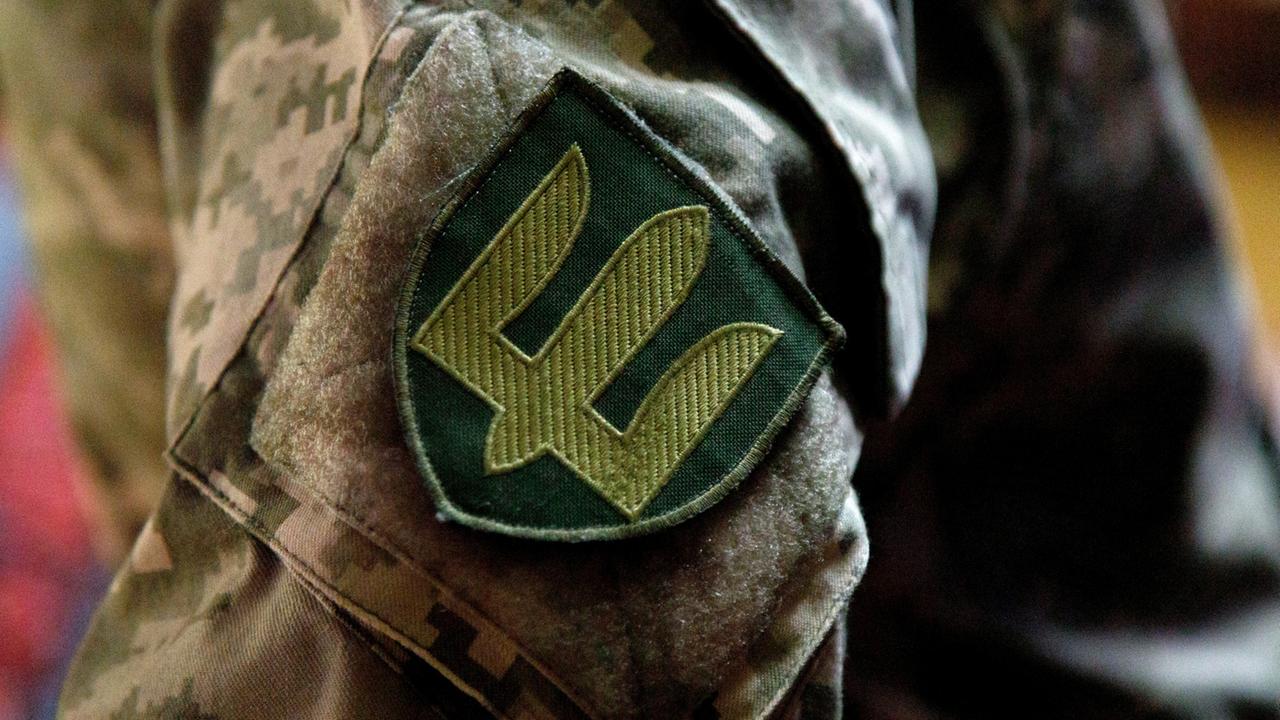The EU is providing further military aid to Ukraine – with a trick. Because Hungary is refusing to agree to the aid. But that was only one item on the agenda at the meeting of EU foreign ministers in Luxembourg.
The Community's foreign policy chief, Josep Borrell, had predicted: “It will be a long and difficult meeting of the foreign ministers of the 27 member states.” The focus of the meeting in Luxembourg is Ukraine. Most foreign ministers have spoken out in favor of increasing military aid. But one country is resisting: Hungary.
Prime Minister Viktor Orban is strictly against the EU providing military support to Ukraine. But the other EU countries have now found a way to circumvent Hungary using a trick, according to Foreign Affairs Representative Borrell. “The first money will flow next month, in July, and the second part later. We cannot block this money, it is needed and we have found a legal way to do it,” said Borrell.
The way forward is as follows: The foreign ministers will pay the money into a pot that Hungary has already abstained from using. Diplomats in Brussels say that renewed approval is therefore no longer necessary. The money comes from the interest on Russian assets that have been frozen in Europe since the Ukraine war. In total, this amounts to between two and three billion euros per year.
Liquefied gas sales to be made more difficult
The foreign ministers have now released around half of this to Ukraine. The foreign ministers have also approved the 14th package of sanctions against Russia. It contains two major elements. Firstly, no more liquefied gas from Russia may be loaded into European ports for the next nine months. This is intended to make it more difficult for Russia to sell its liquefied gas.
Secondly, companies will no longer be allowed to sell their products to third countries, which could then resell them to Russia. This mainly concerns goods that can also be used for military purposes: so-called dual-use goods. However, under pressure from Germany, this clause was softened; it was said that the German economy did not want to be placed under additional strain.
Talks on EU accession are imminent
The Finnish Foreign Minister, Elina Valtonen, welcomed this sanctions package. The next one is already in the works, she said in Luxembourg. “I am so happy that the package has now been adopted and we are now working on the next one.” She is sure “that in the meantime we will update the list of goods that are prohibited.”
Billions in aid for Ukraine, sanctions package against Russia: the foreign ministers have got a lot underway. But Ukraine will take its next big step on Tuesday, when talks on joining the European Union begin. A step that the German Foreign Minister, Annalena Baerbock, welcomes.
“Ukraine is closer to the European Union than ever before,” said Baerbock. That is why it is so important that accession negotiations with Ukraine and the Republic of Moldova begin. “Because the European Union and NATO are life insurance for all of us – and that also applies, with a view to the future, to Ukraine.”
Sabrina Fritz, ARD Brussels, tagesschau, 24.06.2024 18:03





